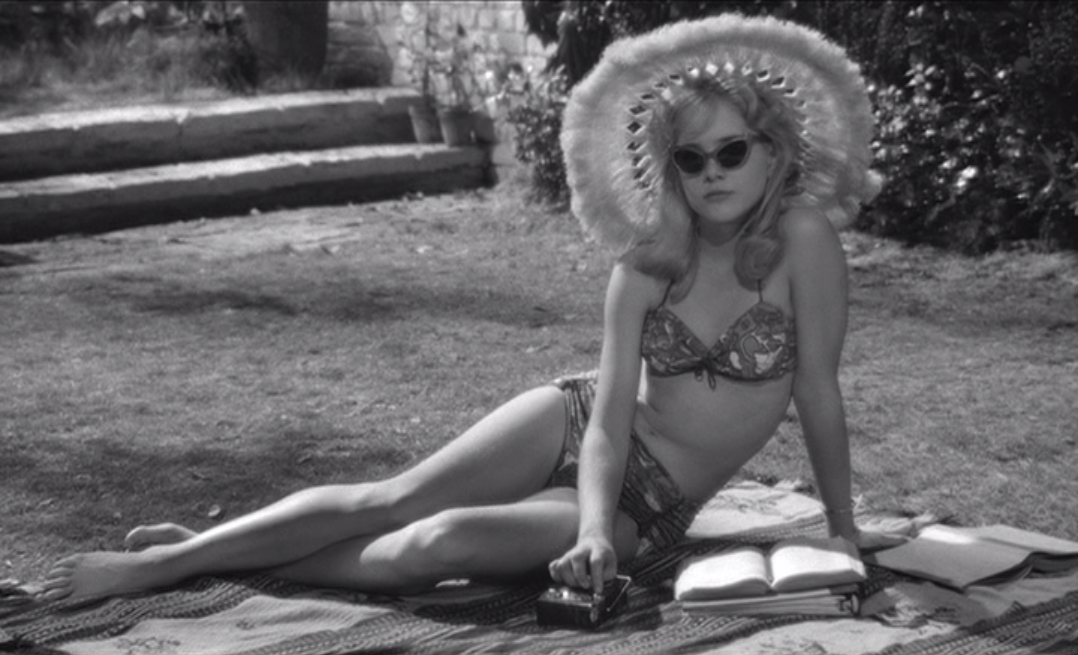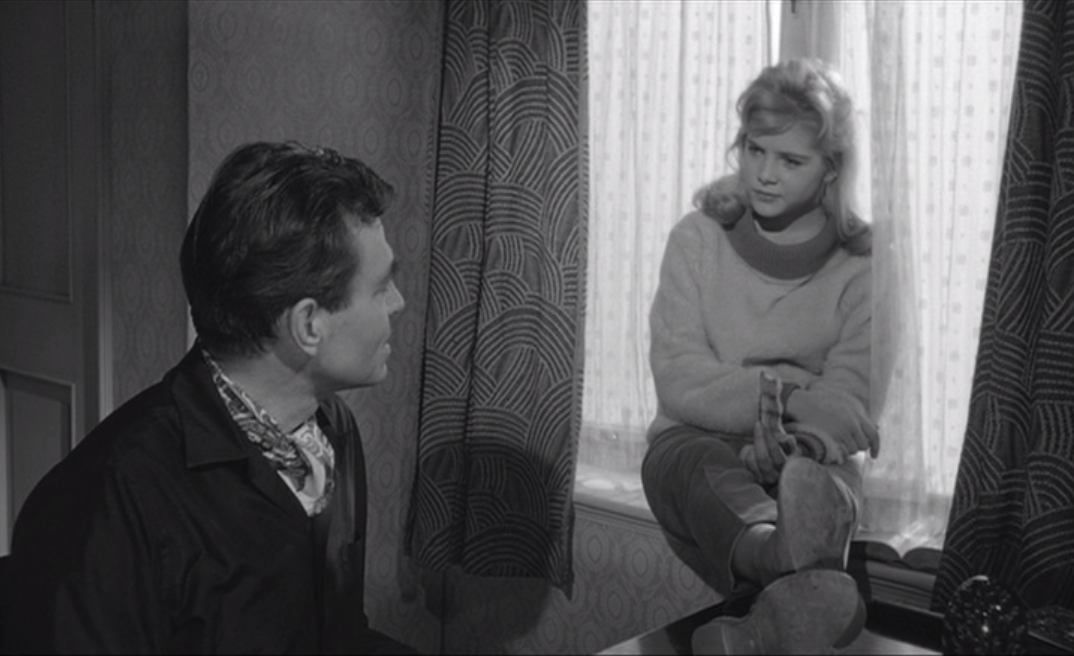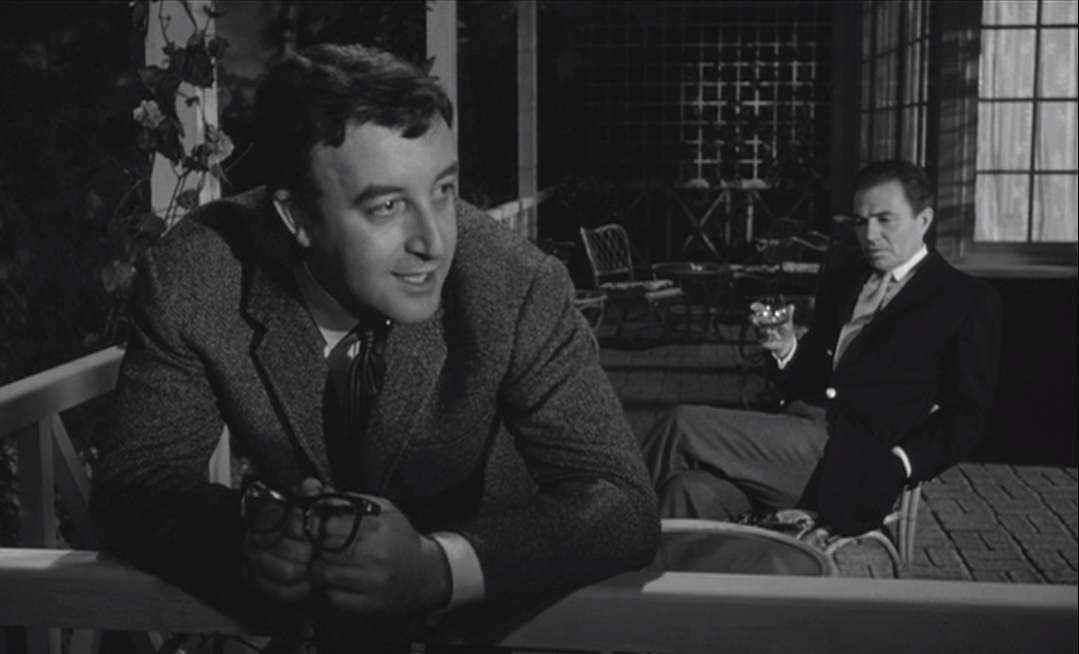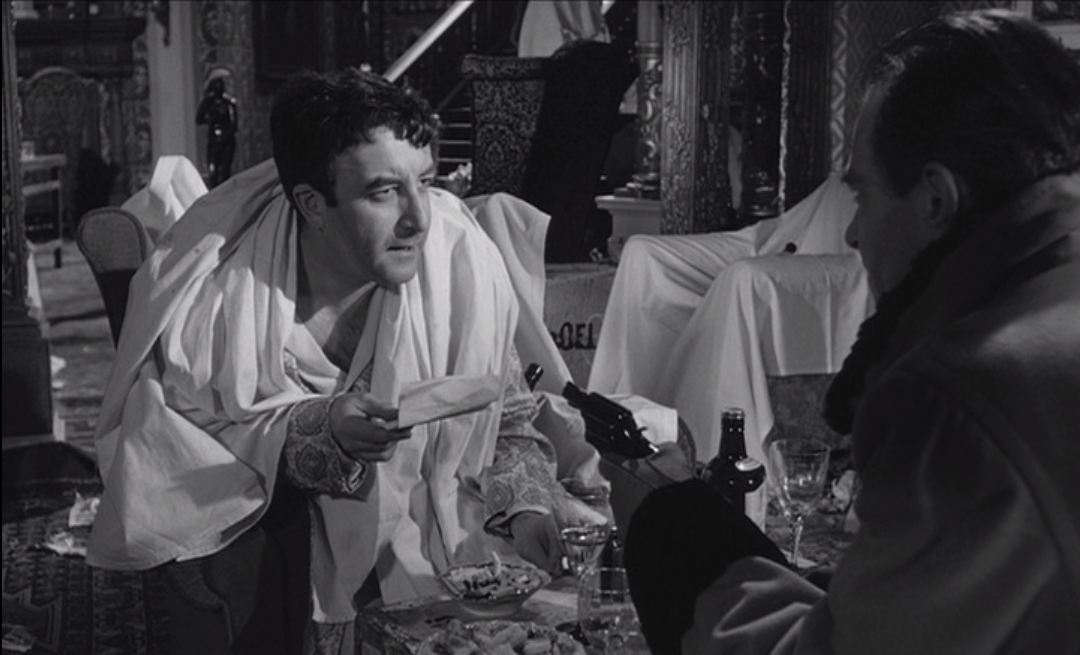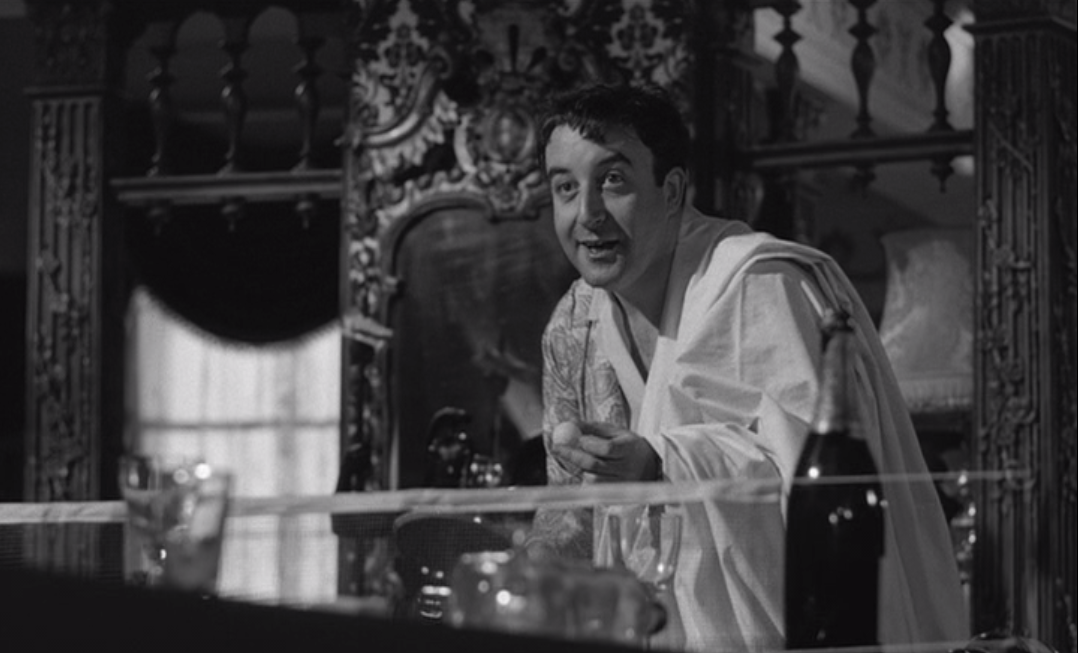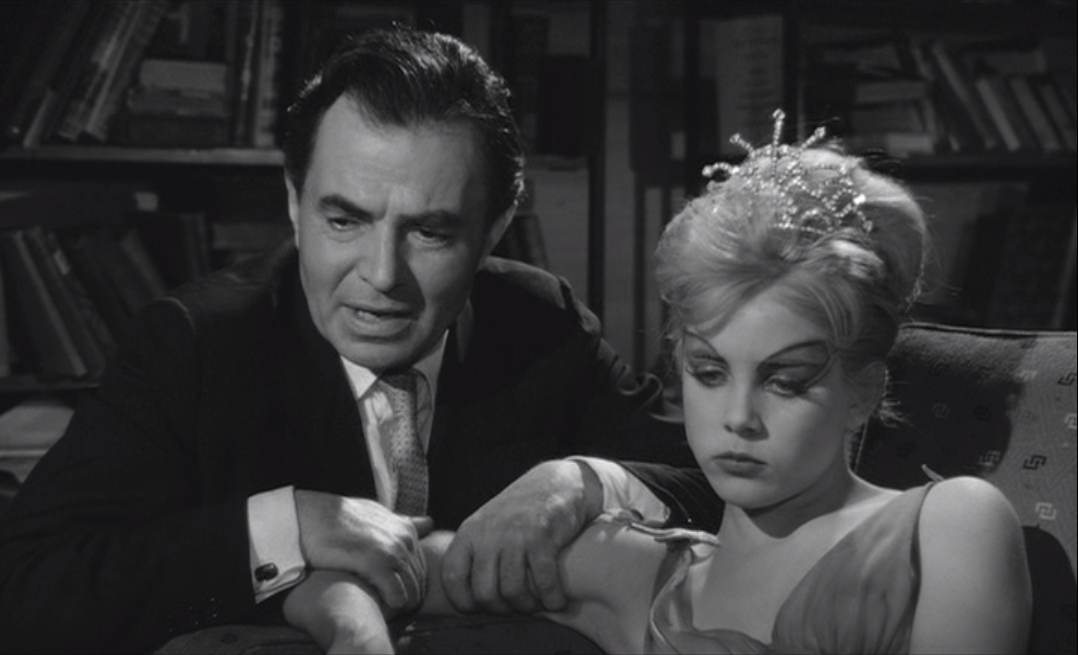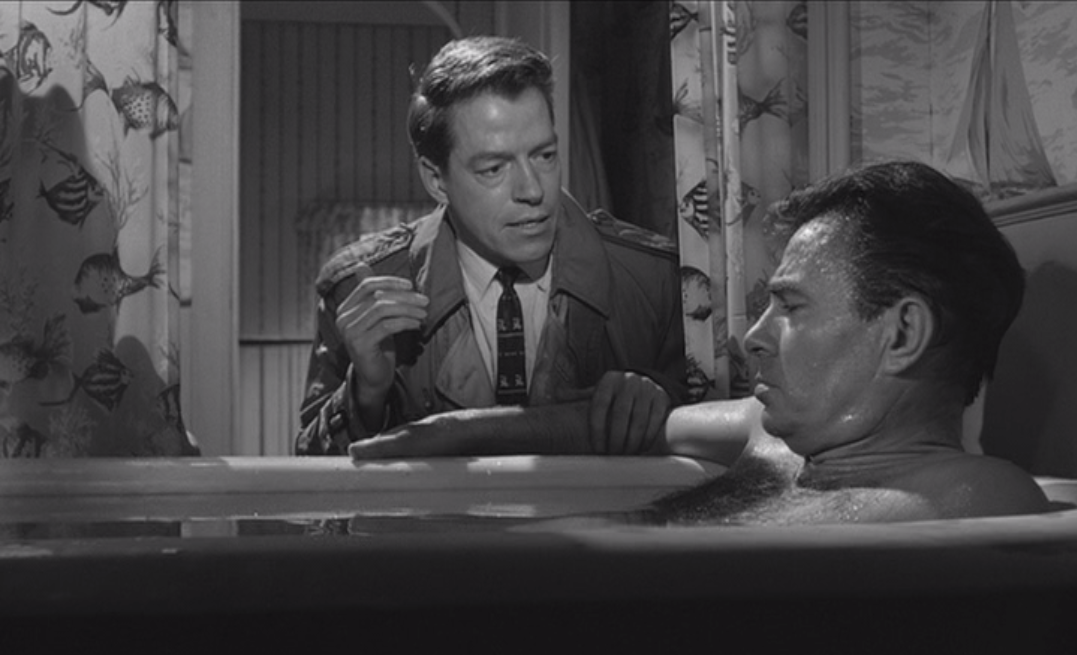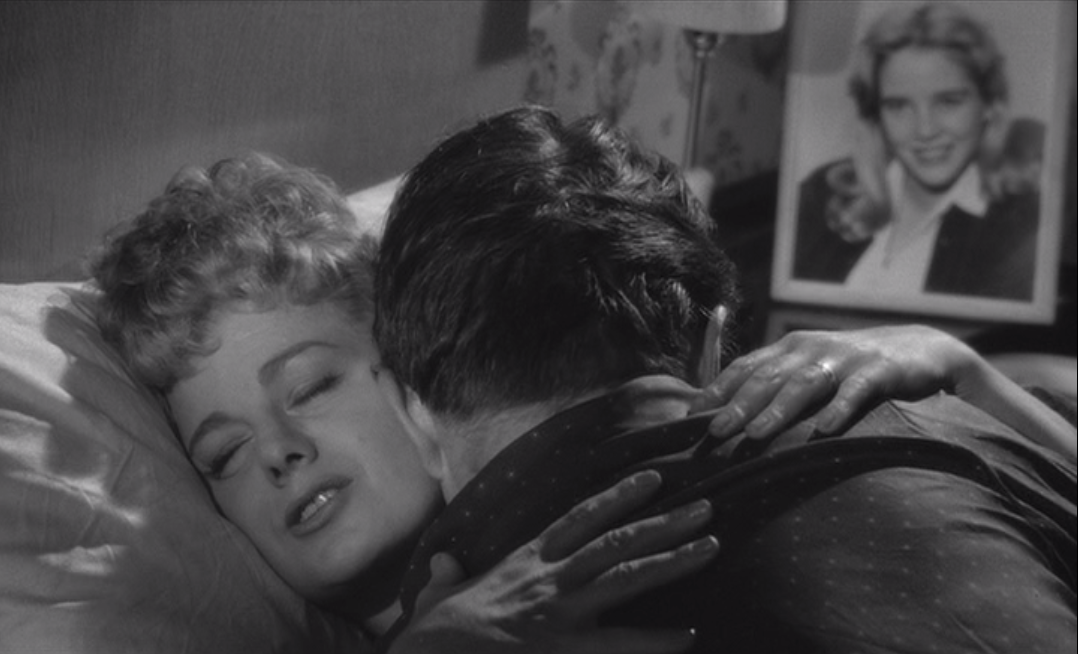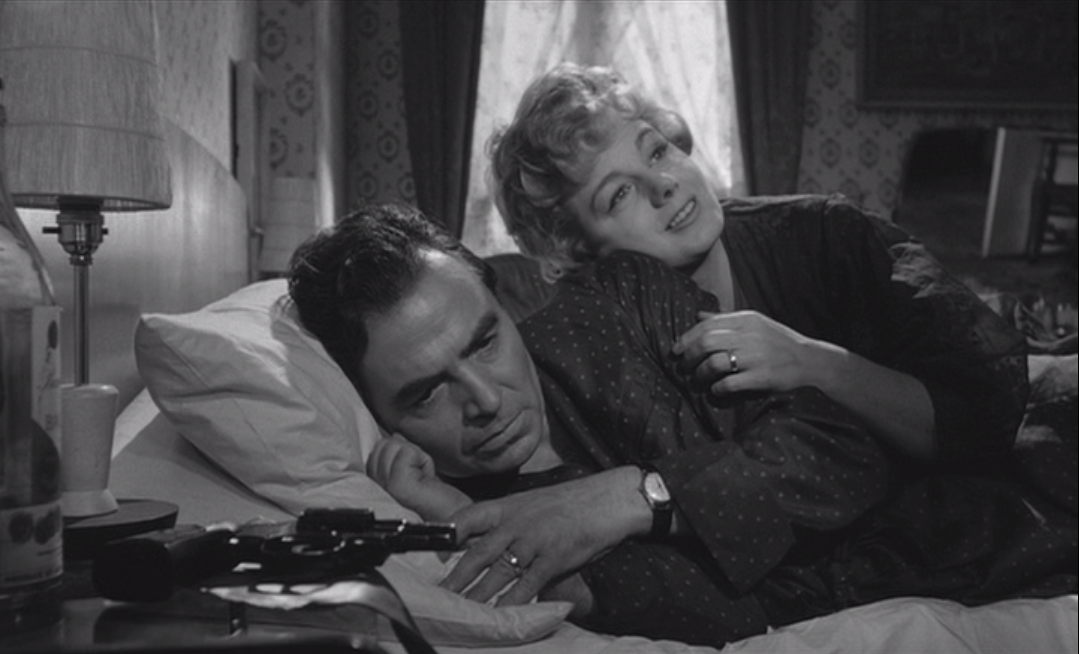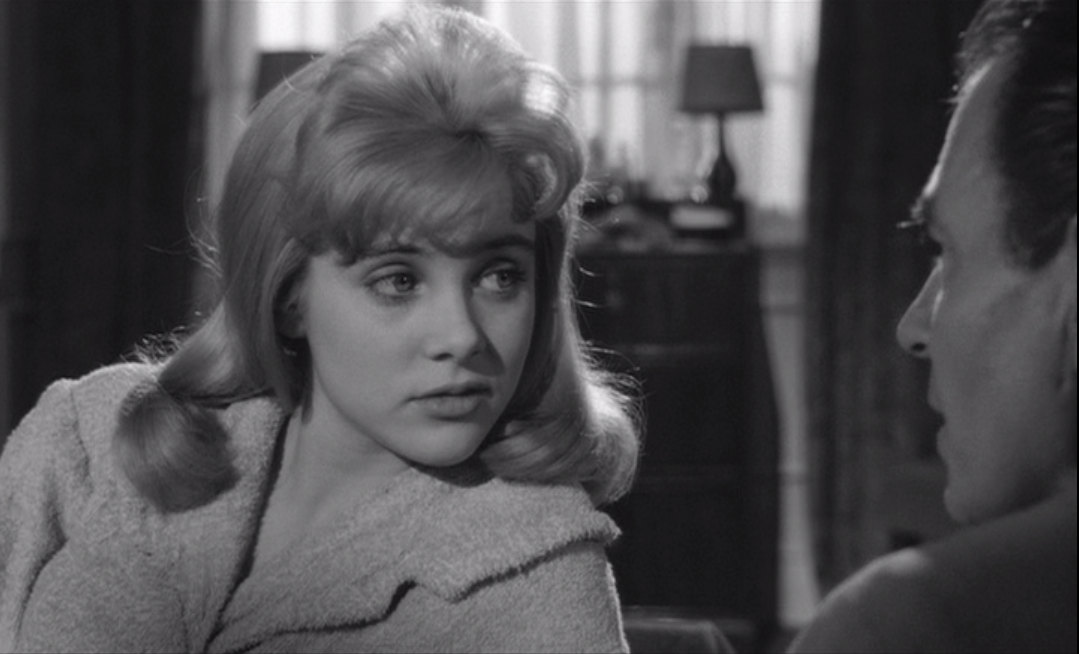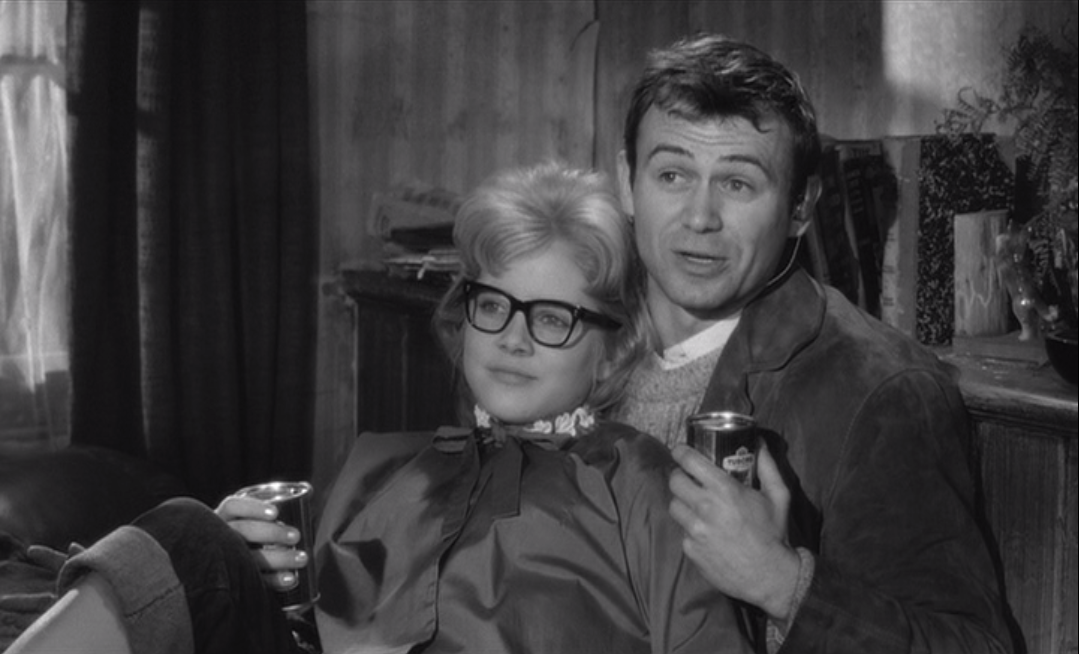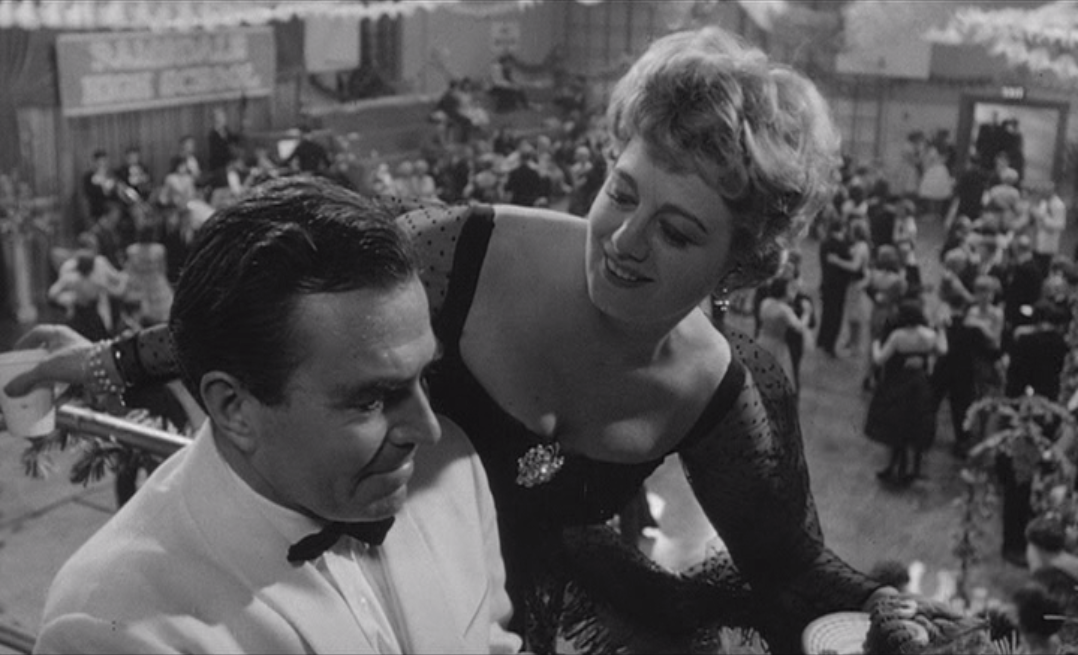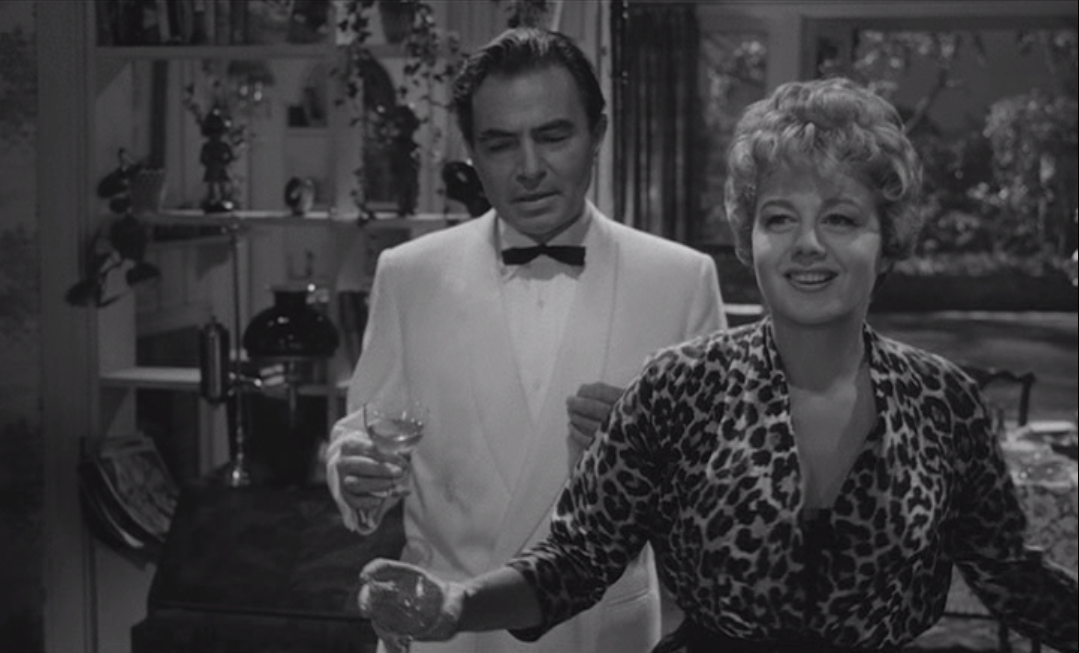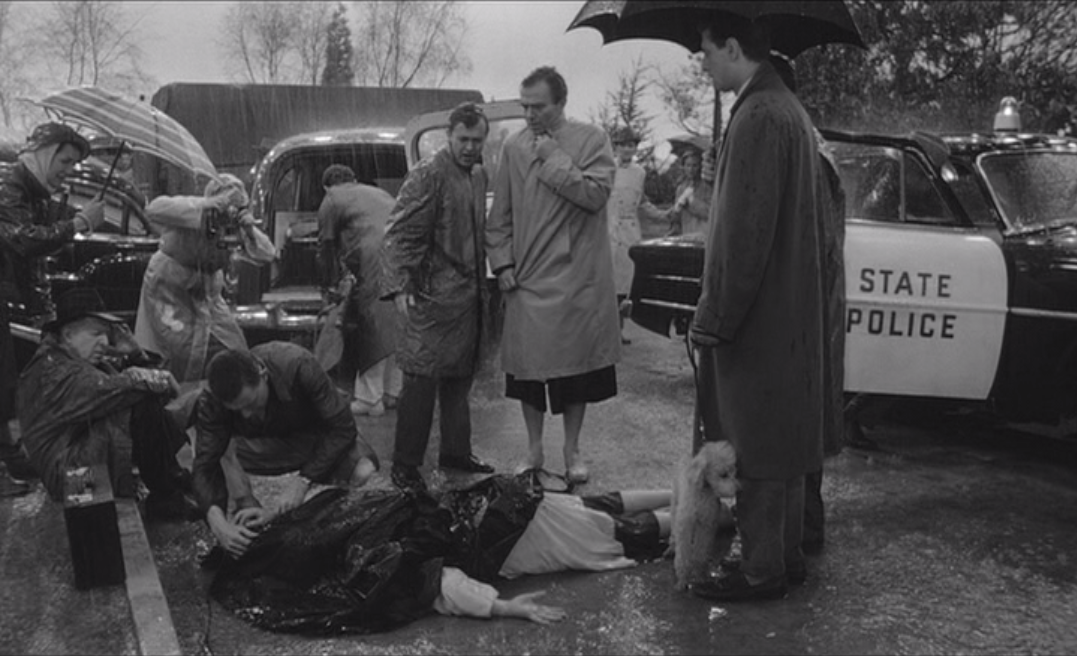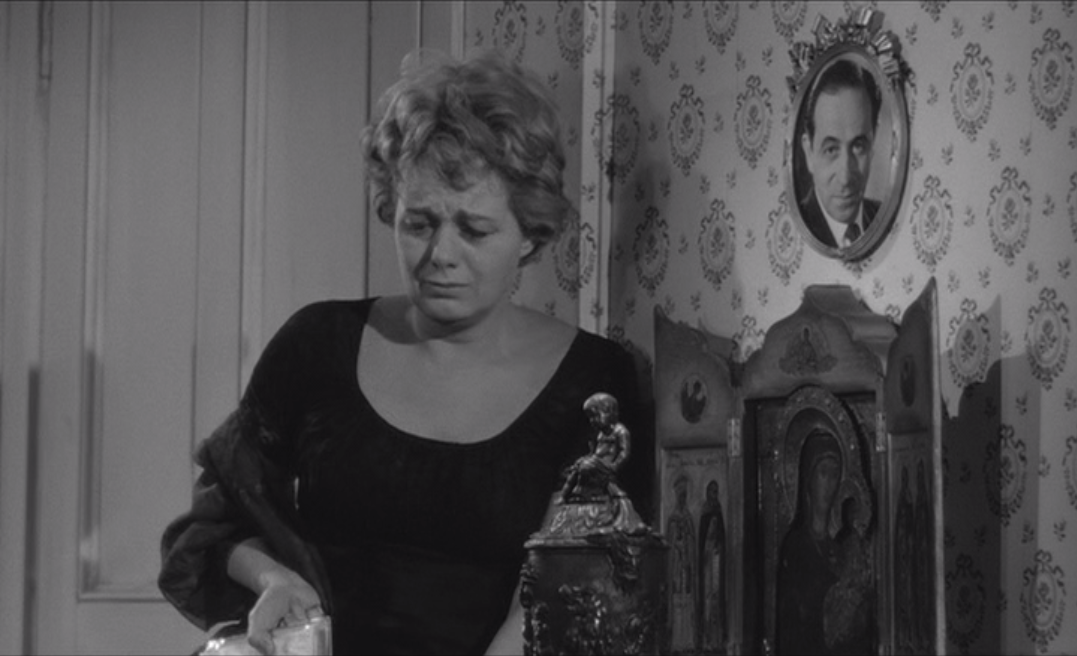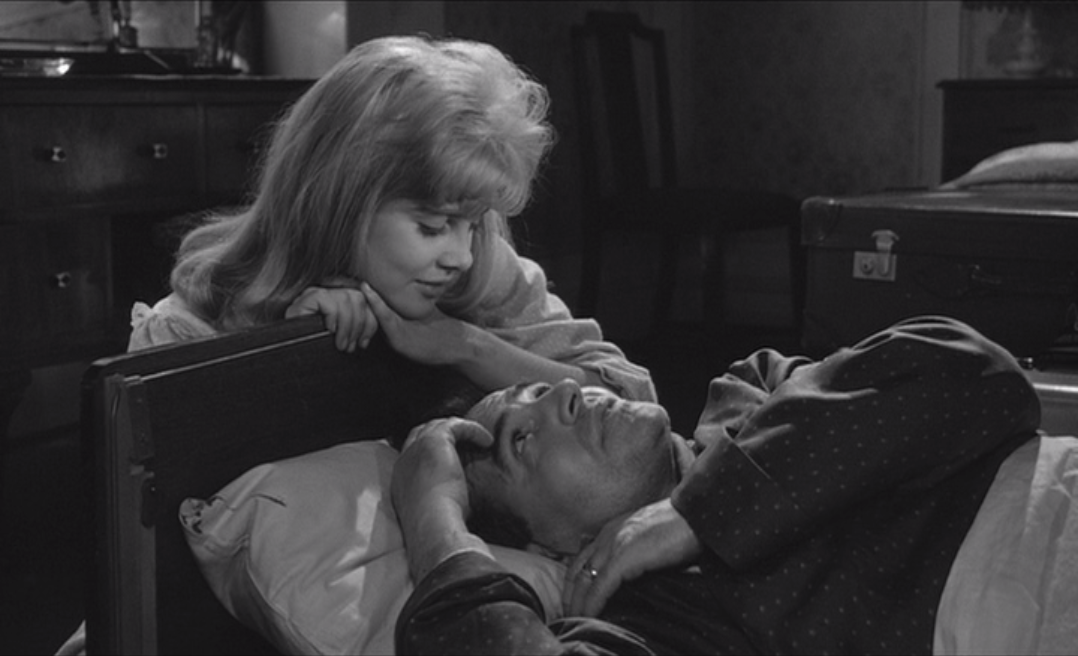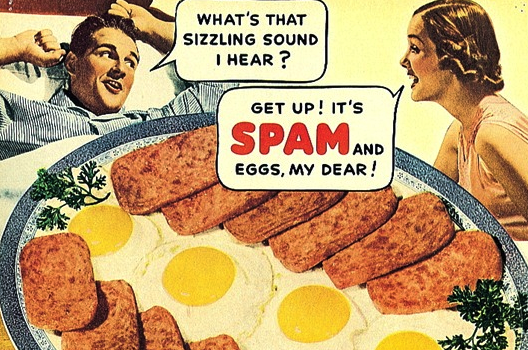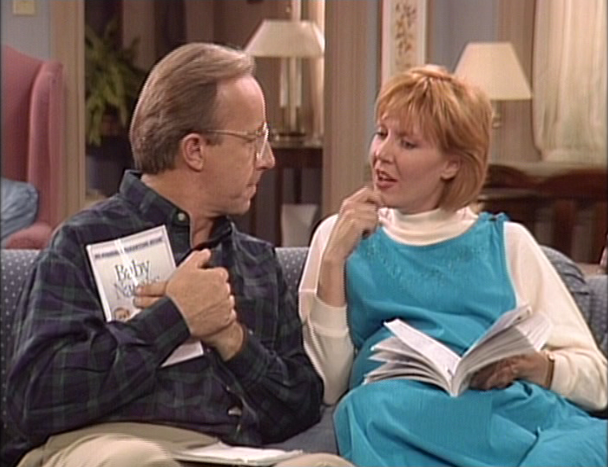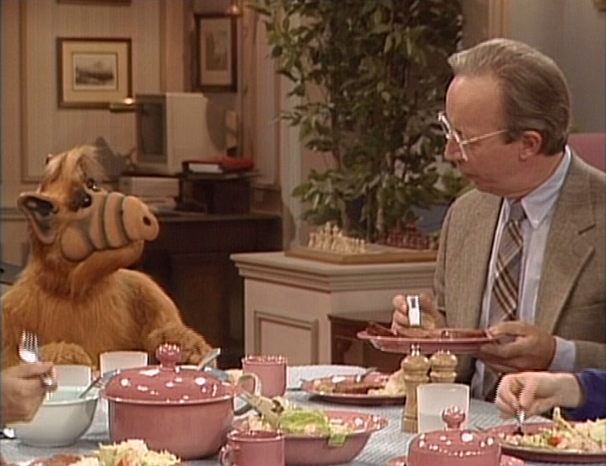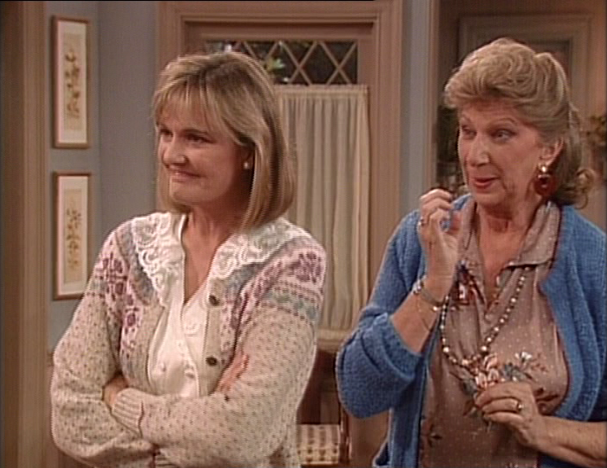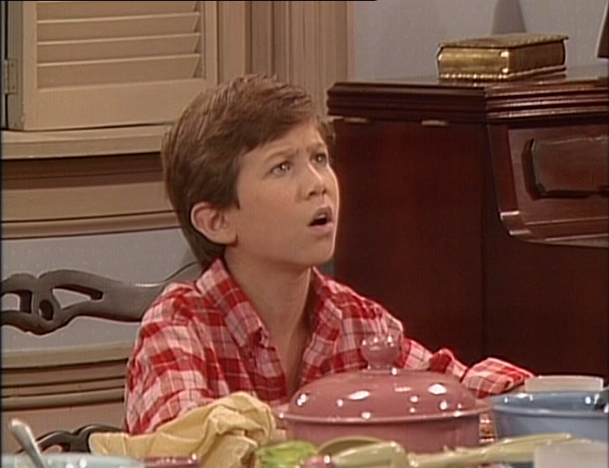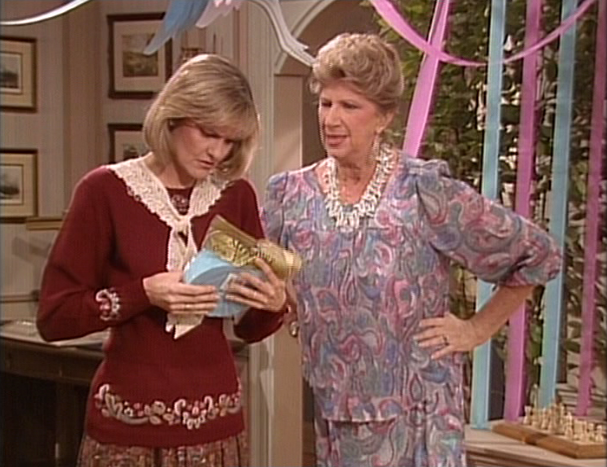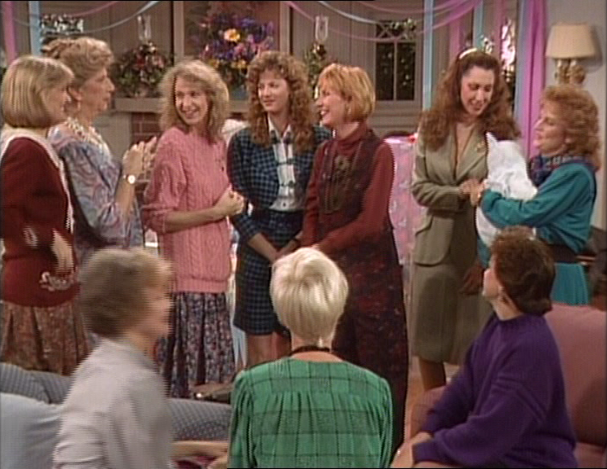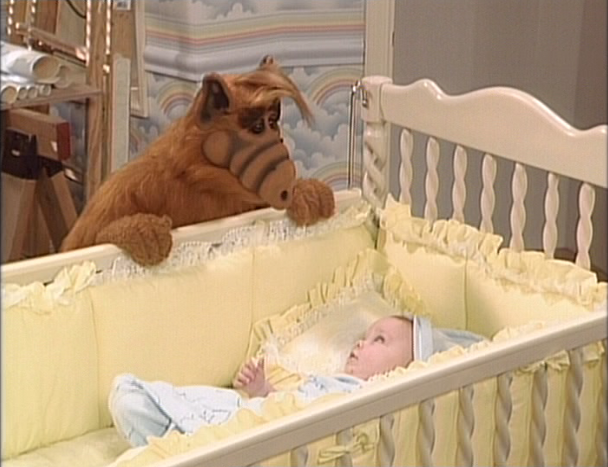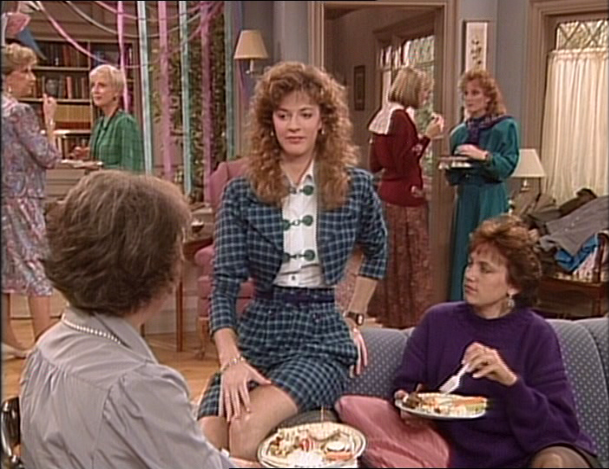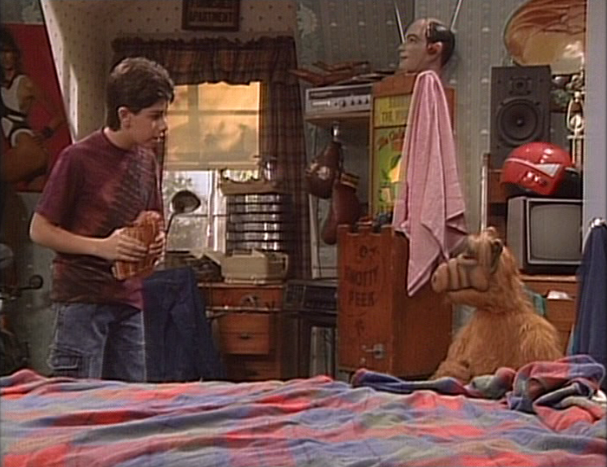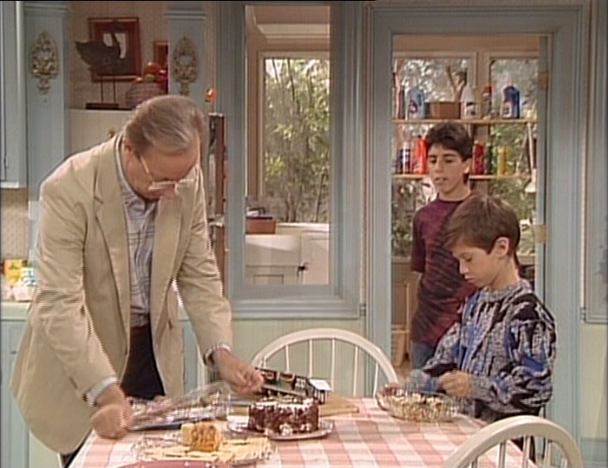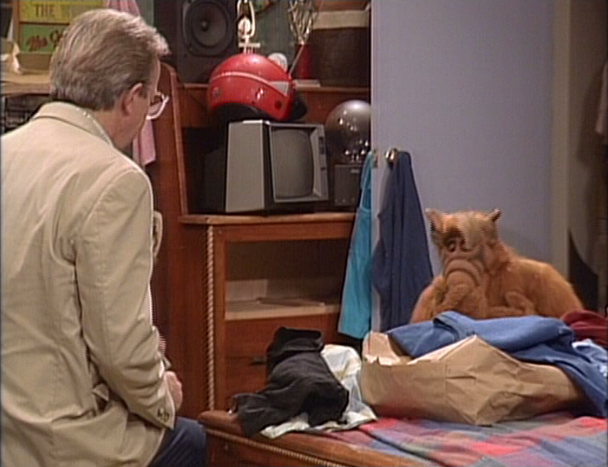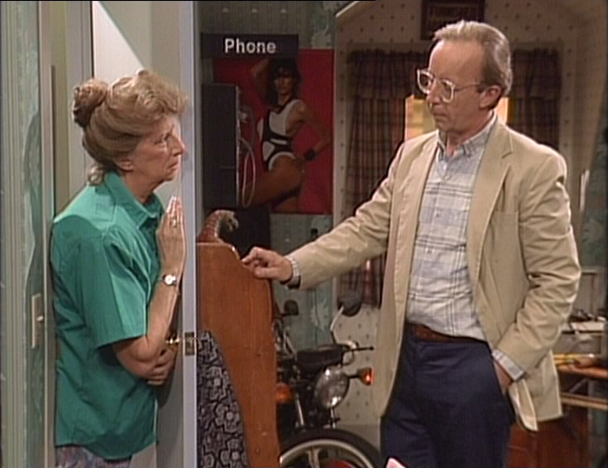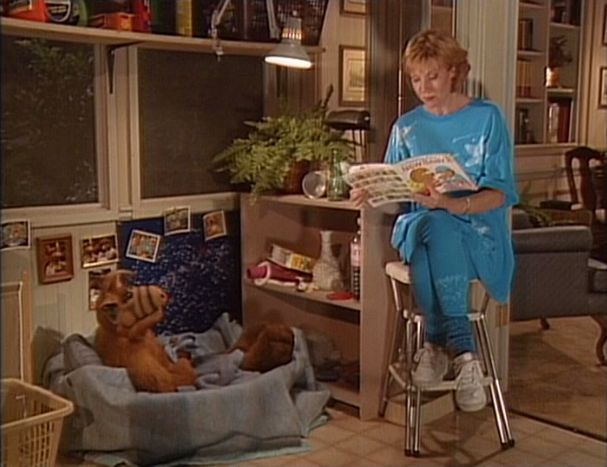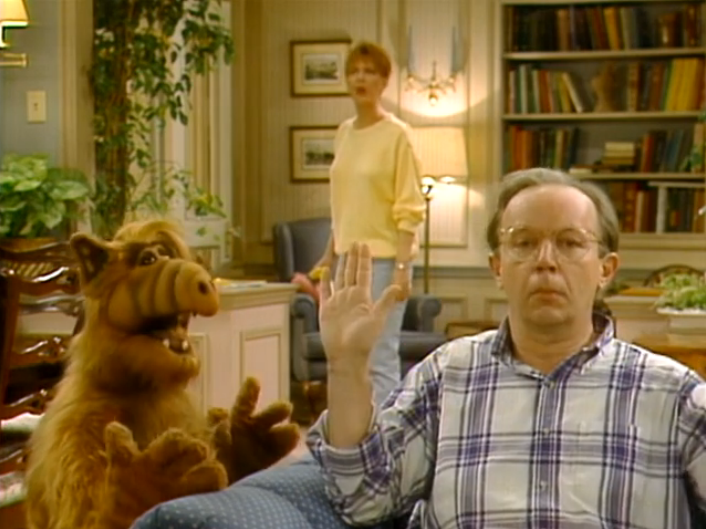Fiction into Film is a series devoted to page-to-screen adaptations. The process of translating prose to the visual medium is a tricky and only intermittently successful one, but even the fumbles provide a great platform for understanding stories, and why they affect us the way they do.
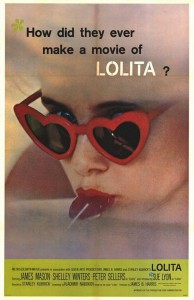 It’s mandatory in any discussion of Stanley Kubrick’s adaptation of Vladimir Nabokov’s masterpiece to mention that the film’s very trailer asked, “How did they ever make a movie of Lolita?”
It’s mandatory in any discussion of Stanley Kubrick’s adaptation of Vladimir Nabokov’s masterpiece to mention that the film’s very trailer asked, “How did they ever make a movie of Lolita?”
The implication was an obvious one; Nabokov’s original novel was incredibly popular, and its cultural reputation preceded it.
Its reputation helped to sell the book, but not to engender any kind of understanding. As far as anyone knew, Lolita was a filthy book. Just god-awful, stomach churning stuff. It was page after page of vivid depravity, a blast of societal rot so potent that merely walking past a copy of it was enough to damn your soul for all eternity.
“How did they…?” was a question that was wise to ask, but it was being asked for the wrong reason. What the purposefully inflammatory trailer was asking was something like “How could such filth make it onto a movie screen?” What it should have been asking is, “How could such inventive, complex prose translate to a coherent visual experience?”
Because Lolita, against all odds, is anything but pornographic. There’s sexual content — much of which is indeed disturbing — but pornography aims to titillate. To arouse and satisfy desire. To provide in convenient form an experience you can’t as easily find on your own.
So imagine the surprise of those who picked up the book expecting to be immersed in a world of smut, finding instead a dazzling, gorgeous, intricate array of prose that elevated even its darkest moments of filth to high poetry.
Yes, as a novel, Lolita is about a young girl who is chronically victimized by a sexual predator. As a novel, however, Lolita is also about the English language, and how we use it. And as a novel, Lolita is a comic road-caper through inner conflict made manifest.
In short, as a novel, Lolita is a perfect example of why asking what a story is “about” is tremendously unhelpful.
Lolita, if it is “about” anything, is about the experience of reading it. It takes a sensational, taboo germ of an idea, and then buries it deep within mountains of complicated, contradictory, confused narration.
And it’s glorious.
Nabokov was an immensely playful author, and though it’s no doubt the ostensible subject matter of Lolita that got people talking about him, it’s still the perfect introduction to who he was as an artist.
The entire book functions as both a series of cruel jokes on the characters, and at least a couple of additional jokes at the expense of the readers. Those who came in expecting raunch and smut were met with the oblique musings and passionate defenses of a traveling literary scholar, who made digressions so lengthy and frequently that it was impossible to know when, if ever, he’d get to the sex. And those who came in expecting exactly that kind of narrative trickery and linguistic playfulness were cursed with a book they couldn’t dare be caught reading in public. (I, for one, will vouch for the awkwardness of reading Lolita on a stuck train.)
Conveying that aspect of the book — its defining aspect, I’d argue — in a film would be difficult at best. In fiction, a talented writer can say one thing while artfully revealing something contradictory. Film has a tougher job of it; whereas the unreliable narrator at the heart of Lolita provides readers with an obviously flawed perspective (for which a careful reader is always attempting to compensate), director Stanley Kubrick has only a camera’s lens. There is no accepted equivalent of unreliable narration in film; the audience accepts what they see.
What films can do is get an audience to reconsider what they’ve seen, but it’s something that happens after the fact, and not during. Jimmy Stewart in Rear Window pieces together the details of a murder, but while his reliability is of the utmost (rightful) importance to the other characters in the film, it’s not as important to us watching at home; we can see everything he sees, and we can follow our own trains of thought. We may care about what happens to Stewart, or how seriously he’s taken by those around him, but he doesn’t have dominion over what we think. The character tells us something, but his perspective isn’t the one through which we actually see the story unfold. We’ll side with our own eyes every time.
In fiction, however, that’s not the case. Unreliable narration is a thrilling, circling game of cat and mouse between the reader and the author, with the narrator as phantom intermediary. Here, we don’t have a camera’s lens. There is no imagery we can freeze-frame in order to prove a character wrong. We are told what we are told, and once we begin to doubt its reliability we begin a separate, synchronous journey alongside the narration itself. We are reading one thing, and understanding another.
Half (or less) of the story is written; the rest of us unspools within us…a significant difference from film, which is unspooled before us.
Kubrick’s Lolita, however, isn’t interested in doing that. It doesn’t play with our perceptions, or really try to. In a way this is smart, because even a genuine talent like Kubrick shouldn’t be trusted to carve in cement what Nabokov weaves with vanishing clouds.
On the other hand, however, it means that Lolita the film attempts only to reconstruct the events of Lolita the novel, and not the atmosphere, the trickery, the intellectual puzzle. And when the events are stripped of their literary trappings and satisfying opacity, we aren’t left with much.
Let’s start with a great byproduct of that unfortunate fact, though: in both film versions (this one and Adrian Lyne’s 1997 adaptation, which I’ll probably cover at some point as well), much of the empty space is turned over to playwright Clare Quilty, a figure from the novel that originally served as more of a presence (and arguable scapegoat) than a character.
The need for actual, intelligible, filmable material to bridge the gaps between Nabokov’s setpieces meant that Quilty, brilliantly, ascended to third-lead status. This was both befitting of his third-wheel role in the book, and a perfect (deliberate or not) twist of the knife for poor Humbert, who gets his sad, personal history adapted for the big screen only to find his textual nemesis getting the meatier part.
In Kubrick’s Lolita, Quilty is played by incomparable scene-stealer Peter Sellers, and that’s the biggest and best joke on Humbert in the film. The very first scene — chronologically the last — sees Humbert, loaded gun in hand, confronting a dazed and hungover Quilty in the latter’s home. This sequence bookends the entire film, and looks an awful lot like a moment of triumph (or at least vengeance) for our protagonist…how it actually plays out, however, is much different.
Humbert has the gun, and the presence of mind, and the full knowledge of what’s happening, but it’s Quilty who holds the upper hand. What’s most impressive is how he manages it: it’s not through power, but through sheer showmanship. An icon of the stage in the universe of Lolita, Quilty knows how to command attention, and hold sway over an audience. Humbert comes to his home to murder him, but Quilty is used to critics coming to his plays to crucify him; he’s prepared for it.
He ultimately doesn’t survive the encounter, but he still emerges the victor. Throughout the ordeal, it is Humbert on the ropes, and not the technically helpless Quilty. Humbert is constantly interrupted, ignored, and deliberately misinterpreted. He enters the mansion with an itchy trigger finger, and Quilty impressively waylays him into a game of Ping-Pong instead. (Tellingly, Quilty serves.)
When Humbert finally does force Quilty to process what he’s saying, it’s by handing him a sheet of paper and forcing the chatty playwright to read it out loud. But it’s a Pyrrhic victory, as Quilty reads these words — composed in earnest, painful, heart-rending seriousness — with the silly voice of a cartoon cowboy. Humbert abandons this idea as well, and snatches the paper away. Point: Quilty.
Even in death he one-ups Humbert; the fatal encounter with Quilty both opens and closes the film, providing the character with a long, interesting, humorously dramatic death scene. Humbert’s death occurs off-camera, at some point in the future that the film doesn’t even bother to capture. It’s reported with a sentence on a slide. It’s an offhand dismissal of the man who is trying desperately to assert control over his own story, cinematic salt in the deepest wound.
Throughout his scenes, Quilty charms. He entertains. He takes on various personas as he pursues the same underage object of Humbert’s affections, and we in the audience perk up whenever we see him…just as little Lolita herself does.
The film has significant issues with pacing, which we’ll get to later on, and Quilty’s scenes — as great as they are — function more as impressive improvisations than they do as pieces of a greater, cohesive whole. They’re emblematic of Kubrick’s struggle to make the story work on screen (something else we’ll discuss later), and what feels like a lack of confidence in his ability to do so, but it’s impossible to stay mad at them. They’re brilliant blemishes; pieces that don’t fit into this particular puzzle, but which are beautiful in their own right.
While Quilty may have been the right character to explore, Kubrick can’t think of much new to do with him apart from point the camera and watch The Peter Sellers Show. It’s exactly the kind of artless Hail Mary that I want to hate…but I can’t, because Sellers is, simply, a delight. He wins me over in a way that such a speed-bump shouldn’t be able to. (Of course, the idea pointing the camera and letting Sellers run wild was integrated far more effectively, organically, and rewardingly in Kubrick’s next film, Dr. Strangelove.)
In the novel, Humbert is a charming monster, seducing his readers with his one truly sexy feature: his mastery of the English language. He manipulates us, demands that we identify with him, insists that he win us over. But in the movie of his life, it’s Quilty who comes out on top.
Quilty is more charming. He wins Lolita’s heart. He sees greater success in the arts that Humbert ever does. The audience is bound to laugh with him more than it laughs with Humbert. While Humbert struggles to conjure up sympathy for the devil, he has it siphoned right out of him by a superior devil.
Of course, the problem with this, at least in terms of bringing the novel to the screen, is that this buys into Humbert’s vision of Quilty…and of everything.
One of my favorite things about the novel is how hazy (wink wink) the characters are. We know how Humbert would like for us to view them, but we don’t know much beyond that. Everything we get is filtered through our obsessive, controlling, demanding narrator. He paints Quilty one way, Charlotte another, and himself a third. Our experience is his experience, because it must be; he does not allow us to draw our own conclusions, nor does he trust us to do so. If we did that, after all…why, wouldn’t we just see him as another pedophile? Yes, it’s far better not to leave the thinking to us.
On film, however, we need to commit to a vision. For a novel like Lolita, that’s problematic. Did Quilty really look like Peter Sellers? Could he possibly have been as funny, or as quick-witted? Was he really even stalking Humbert at all? The film gives us no reason to doubt any of this, while the novel gives us reason to doubt everything.
Humbert, especially, seems to be taken laughably seriously. When I picture the “actual” Humbert Humbert from the novel, I picture somebody who looks quite a bit like Nabokov: some nebbishy, aged introvert whose reflection in the mirror doesn’t at all match what anybody else sees. He dotes on himself with a romance and lust that seems to exceed even that which he feels for Lolita…the young girl whose inescapable beauty and allure require him to write this novel-long defense of his behavior in the first place. He’s careful about how he presents himself…too careful, in fact, which is our cue to start wondering about the truth.
In this film, Humbert is played by James Mason…a casting choice of which I’m sure the novel’s protagonist would approve. In Lyne’s later film, he was played by Jeremy Irons. In both cases, he’s portrayed exactly as he tries to convince us he really is in the book. He’s gorgeous. Suave. Effortlessly charming and naturally attractive. In the book we may well picture somebody like James Mason when Humbert is describing himself, but once we peer through the cracks in his narration it’s unlikely that we’d continue to see any kind of Hollywood heart-throb.
In film, however, we don’t have the luxury of disbelief. We can’t have Humbert look like James Mason in some scenes and Steve Buscemi in others. Visually, such shapeshifting would confuse rather than enhance. Textually, there’s no difficulty whatsoever, and there’s the added bonus of each reader pegging the necessity of a real Humbert hiding in the shadows at his or her own pace.
If a film did attempt such a switch, we’d be tied to noticing it when the film demands we notice it. In the book, readers can recognize Humbert as a fraud to any number of degrees at any point in the story. There’s a sense of achievement the first time you manage to peer through the blinds…or pull the curtain back to reveal who’s really speaking. And it’s achievement because we did it…unlike in a film, in which the director will have done it. We won’t have earned it ourselves; we will instead have simply waited long enough for somebody to give it to us.
Mason, it has to be said, does some intermittently fantastic work in this film, but his very casting marks a permanent disconnect between it and its source material. Film Humbert isn’t Book Humbert; he’s who Book Humbert wishes he could be.
Taken on his own merits, the Masonic Humbert gets in a few great moments, and periodically manages to help us forget that he’s embodying a sexual predator’s self-important daydream. He’s especially great in the aforementioned confrontation with Quilty, in which his deadpan seriousness boils quietly to rage as he’s unable to get Quilty to focus on his own impending execution.
Mason is also able to handle Humbert’s innate dickishness in a way that impressively transforms it into cleverness. The best example of this is probably when Charlotte tells him that she has good news, and he guesses that their irritating neighbors the Farlows have been arrested. The success of the line is due entirely to its delivery; it brings a very specific kind of life to the line, and it does manage to sell Humbert, for an instant, as two different kinds of people at once. (Something that’s reflected in the fact that his surname is also Humbert…an important detail with which the book has tremendous fun, but which the film, unless I missed something, acknowledges in only a single scene.)
In a very small number of cases, this duplicity is handled quite well, illustrated perfectly with a scene of personal celebration in which Mason sips Scotch in the bathtub after his new wife is killed by an inattentive driver. The Farlows come over and conclude that the scene is one of despair, misinterpreting entirely the significance of the handgun on the counter…with which he intended to murder Charlotte before fate did a cleaner job of it.
In this short — but perfect — scene in the bathroom, the neighbors he hates believe themselves to be his friends. They find him spending a carefree afternoon in the home that he no longer has to share with his wife, but see him to be despondent and in need of support. Humbert is a man who feels no guilt about the plan he’s formulating to rape the orphaned daughter of the woman he decided to kill in cold blood…and the Farlows are trying to help him feel better about himself. The film could use more scenes along these lines, and it’s sadly low on them.
Kubrick, as director, doesn’t seem to know exactly how to bring the story to life. With comparatively little that “happens” the in the book (and littler still that can be shown in traditional movie theaters), he feels stuck. While the man was no stranger to chatty films, he often struggles to make this one feel alive, opting too frequently to shoot it like a play staged for public television.
In only a few sequences (the confrontation with Quilty, the school dance, the pan down from Charlotte falling on the bedroom floor to Humbert preparing to poison her in the kitchen) do we see evidence of Kubrick’s visual artistry. And while that doesn’t make for a bad film, a workman’s approach to such daring, nimble source material feels almost disrespectful, like a documentary about the Beatles that only uses library music.
Two shots in particular stand out, however. Firstly, there’s our introduction to Sue Lyon as the title character (more on whom in a moment).
The shot is perfectly framed, scored with the playful “Ya Ya” that marries Lolita’s ostensible innocence to a hopeful, lingering melody that flits just around her like Humbert’s gaze. It’s the single most recognizable image from the film, which says a lot when it doesn’t feature James Mason, Peter Sellers, or Shelly Winters. It’s just the girl, sunbathing in her mother’s garden.
It’s a loaded image, in several ways, but it’s not clear whether we’re supposed to be appreciating the view with Humbert (for different reasons, hopefully) or worrying on behalf of Lolita, as we all know where this story is heading. One thing is for certain, though: we’re not supposed to share in Charlotte’s obliviousness.
It’s such a perfect and immortal shot that Adrian Lyne borrowed it for his own later version of Lolita. There, however, for the purposes of contrast, we were meant to see her as Humbert does. That’s why we watch the sprinklers get her gradually wetter in a translucent frock, as she scrunches and spreads her toes, the camera tracing, lovingly, her every curve.
If that sounds creepier than Kubrick’s version, that’s because it is…but it is also worth pointing out that Kubrick cast an unknown, somewhat ordinary young girl as his female lead; any sexual longing that the audience felt for this Lolita would have been there well before the book or the film arrived. Lyne, on the other hand, cast minor sex symbol Dominique Swain, which made the lust felt for that version of Lolita a little too relateable. But that’s a story for another time.
The other perfect shot is technically two shots, and it’s something I didn’t notice until this most recent viewing. In bed with Charlotte, Humbert has some trouble rising to his husbandly duties…until he spies a photograph of Lolita on the nightstand.
It’s the most overtly sexual connection between him and the girl made by the film, but that’s not why it works; it’s merely the setup to Kubrick’s visual punchline, which comes when Charlotte tells him that Lolita won’t be coming back from camp; the little terror is being shipped directly to a boarding school.
He rolls over, and Charlotte, who has just unknowingly emasculated him, is on top. He’s gone from considering a photograph of the girl to considering the loaded handgun. His darkening mood is absurd, but palpable, and he stews gradually in this position. This moment lays the groundwork for the fight they will soon have that leaves her dead in the street, and her daughter in the possession of the man who intends to rape her.
It’s a punchline, like I said. But god damn is it a dark joke.
As good as Mason and (especially) Sellers are, and in spite of a lack of ambition in Kubrick’s direction, two figures emerge as the real stars: Shelly Winters, and Sue Lyon.
Lyon owns the film. That’s her innocently tonguing a lollipop on the poster. That’s her in the movie’s most indelible shot. Hell, that’s her that the film is named after. (Technically the character’s name is Dolores; Lolita is a nickname that, since the novel, has come to see usage in line with the story’s reputation.)
She was a perfect find. I genuinely cannot imagine a human being better inhabiting such a strange part. Strong and helpless at the same time. Youthful and mature. Trusting and suspicious. Innocent and worldly.
Kubrick did say at one point that if he’d realized how limited he’d be by the restrictions of the time, he never would have adapted Lolita in the first place. But, for all of its flaws, I’m glad he did, as I honestly don’t think any young actor could inhabit the role as convincingly, effectively, and masterfully as Lyon did. (Though in 2010, Chloe Moretz demonstrated a disarmingly impressive mastery of a not-wholly-dissimilar character in Kick-Ass.)
She plays Lolita recognizably; she’s like any little girl would be with complete control over her own development, enshrouded in the trappings of youth while dabbling in as much or as little adulthood as she pleases…always able to retreat back to childhood when she likes, but never willing to do so when she’s asked.
Lolita, in the film, is powerful. In her own way, she’s admirable. She maintains a true sense of identity throughout the movie. She believes in herself. She’s resourceful and strong enough to break out of a situation that really should have had her trapped. And, at the end, she finds something very much like love, starting a family with a man named Richard Schiller who appears to care for her and treat her in a way that no other male (of any age) had before. And this is a happiness she achieves after being held captive and victimized by not one but two pedophiles.
Through all of that, she remained herself.
Of course, this is true of the book, too…right?
Well…kind of. Again, the book is told from Humbert’s perspective, so the “real” Lolita gets little or no screentime, so to speak. We can infer an awful lot, but it’s always in spite of the narration, and I don’t think we can identify any conclusive character traits about her. Book Humbert wants us to see him as the victim, so of course he hammers hard the idea that she seduced him. But Movie Humbert is just along for the ride; we see things unfold at the same rate and in the same way that he does. His Lolita is real, in a way that the novel’s could never (and would never want to) be.
There also remains the major, though easily missed, change of Lolita’s fate.
The book makes it clear (in an absurdly playful way) that Lolita (Dolores Haze, Mrs. Richard F. Schiller) died in childbirth. The single scene we get of her with her husband is similar on both the page and the screen, but the page doesn’t allow it to stick. Like Humbert, and Quilty, and Charlotte, Lolita does not make it out alive. Her happiness — or the nearest equivalent she’ll ever know — is snatched from her on what should have been a time of celebration: childbirth…which also happens to occur on Christmas Day. Ouch.
The film offers no such cruel termination for her. We see Quilty get shot. We see the aftermath of the accident that killed Charlotte. We get flat, textual assurance that Humbert died behind bars and is no longer prowling the streets, wiggling his fingers at your daughter.
But Lolita?
We don’t know.
We see her at home. Her first real home. We see her in a far healthier relationship with a man who comes off as a bit uneducated, but is clearly polite. They don’t have much, but they’re together. A new life for her, with a new life inside of her.
And the movie leaves it there. It doesn’t promise us that Lolita lived happily ever after. (To be frank, how could it?) But it lets us believe. It keeps hope alive. It condones the idea that, after everything she’s been through, things might turn out for her in a way that they turned out for nobody else.
That’s a remarkable difference, and it’s one that lands, mainly due to how likeable Sue Lyon is. Once Lolita has a face — a real face, this face — it’s hard to condemn her to the same fate as her textual counterpart. To treat the character that way in print is a dark narrative gag. But a person, of flesh and blood, that’s come this far, that’s so close to having what she might actually need…to treat her the same way would be unconscionable.
It says a lot about the performance of Sue Lyon that such a significant departure from (and altered morality of) the original novel feels not like a betrayal, but an evolution.
The real star of the film, though?
That’s Shelly Winters, who is only in half the film, but gives us such a strong idea of what a great movie Lolita could have been.
As Charlotte Haze, Winters acts very similarly to what we likely pictured in the book. She’s an older (of course, in this story that word is very relative), doting, lonesome widow with a daughter she can’t control. So far, so similar.
In the book, however, she’s a comic character, submerged always under Humbert’s prose (and, once, under the water at Hourglass Lake). He paints her in ridiculous colors. He wishes for us to point at her, and to laugh. His narrative treatment of her is itself a form of abuse…and that’s a fact acknowledged when she stumbles upon his journal and reads exactly what he’s been saying about her…a revelation that immediately precedes her death.
In the book she plays a memorable role, but is essentially an obstacle for Humbert to overcome. In the film, she’s devastating.
It’s impossible to laugh at Charlotte in the movie. Winters inhabits the aging, desperate woman who lost her happiness so long ago so perfectly, so identifiably, that watching her struggle to court the man with designs on her daughter is just heartbreaking.
Her need to feel loved is perfectly real, perfectly flawed. She’s every bit the comic character Humbert in the book wanted us to imagine, but when we actually see her, she becomes immensely sympathetic.
Does she not deserve happiness as well? Of course she does…and yet, this is where she looks for it. With Humbert, and (at some point before Humbert’s arrival), with Quilty. In short, with both of the men who would later rape her daughter.
She’s blind to everything that happens around her, but it’s a willful, protective blindness; watching this film one gets the sense that the moment she opens her eyes she will die of despair.
Her late-night attempt to seduce Humbert is particularly difficult to watch. He clearly has no interest in her. He’s rude and dismissive. But she doesn’t give up. She tries to get him to drink with her. She dances embarrassingly for him in the vain hope that he will join her. She won’t allow herself to see what’s actually happening, to accept his disinterest, because she doesn’t understand why somebody would be disinterested. If she were to accept that — accept the fact that she’s past her prime, that she’s an old woman, that nobody could love her without having ulterior motives — what reason would she have to go on?
There’s a scene in the film in which she speaks of her late husband. Mr. Haze, Lolita’s father. They were in love. They were a family. But illness took him away, and now this is where she’s left. For an all-too-brief stretch of her life, she was happy. And then this happiness was taken from her, and every day since has been a doomed and devastating attempt to believe that she could find it again.
Winters is incredible in the film, and it says a lot that when she dies at the halfway point, the film does, too.
Her death, adapted from the novel, is a painfully fitting one; once she discovers her new husband’s sexual longing for her daughter, she flees the house…and is killed by a car as soon as she steps into the street. Her sudden, unexpected death coming at just the right time for Humbert, and the worst possible time for her. It came, after all, right after she realized her foolishness, the danger she’d placed her daughter in, the fact that the man she loved at no point loved her back.
She died, that is to say, without being allowed to believe that she was happy. She had to watch the bottom fall out first. Hers was not a peaceful death.
In the book, this moment also marks the rough halfway point, with Humbert taking Lolita on the road and the plot moving forward from there. But while the text can get away with the meandering, seemingly aimless back half of the tale on the grounds that the more rigidly structured front half was still pretty damned meandering and aimless, the film lacks Nabokov’s prose. Robbed of that, and with Kubrick at his visual dullest, the film grinds to a halt.
Winters brought a kind of sad enthusiasm to her role, but I think what really carries the first half of the film is the structure. As in Nabokov’s original, there’s a complete story introduced and told in the first half. The second half sees the barriers collapse, the restraints come off, the open road spreading out before them (and us). But Kubrick doesn’t seem to be as interested in exploring the world of infinite possibility. He’s not nearly as thrilled as Nabokov is by the idea that the story has essentially ended…while we still have half the runtime left to go.
Nabokov saw this as an excuse to let his imagination, his creativity, and his playfulness run rampant…unfettering his artistry at the precise moment Humbert Humbert unfetters his libido. Kubrick, by contrast, isn’t sure what to do. The second half of the film is markedly weaker, because it’s little more than a series of scenes that are required to transport us to the ending. The fact that the entire thing lasts more than two and a half hours suggests an unfortunate aversion to efficiency as well.
Mounting a film version of Lolita was clearly a difficult task, as even one of the most talented directors who ever lived struggled with it…but Shelly Winters gives us a sense of how it could have worked: turn it into a story about Charlotte, featuring Humbert and Lolita, rather than leaving it as a story about Humbert and Lolita, featuring Charlotte.
Charlotte’s arc is classically tragic, and Winters gives the most memorable performance in the film. She, ironically, is what Humbert was in the book; delusional. Film Charlotte sees something other than Shelly Winters when she looks in the mirror, I’m sure. But we know better, and the inevitability of her realization, which hits us with every ounce of the pain she’s forced to process, is downright painful to endure.
Of course, a film about Charlotte wouldn’t be Lolita…but that’s okay. The book still exists, in all of its twisted beauty. In terms of filmability, though, both adaptations have fallen at that same hurdle; once Charlotte is gone, the movie feels like it’s been robbed of its central, most dangerous, and certainly most identifiable conflict.
Nabokov didn’t want audiences to identify. (He’d probably have been quite worried if they had.) He could keep going without Charlotte, because the convenience of her death was just one more reason for Humbert to laugh at her and to expect us to join in. It was a plot point. It was thematic. And the novel, like the rest of the world, got along just fine without her.
But in a film, it’s not only too abrupt; it’s too soon. There’s mileage in that character…in her relationship with her daughter. In her lost history. In her desperate scramble to be loved. You can still tell much of the story of Lolita, but you could improve it by re-centering it, letting the action rise and fall (and ultimately conclude) within the first half of the source material. Because that, after all, is what can be filmed. That, specifically that, is the one aspect of this notoriously difficult book that translates to the screen.
And, what’s more, it translated well. In the same way that the opaque, difficult text enshrouded readers who expected forbidden titillation, the sad story of a hurting housewife could have stood between audiences and their unnatural interest in her daughter’s sex life.
Kubrick would later demonstrate that very mindset with his adaptation of The Shining; by stripping away almost all of the paranormal content that didn’t also tie to the cabin fever concept, he created a leaner, smarter, more haunting compliment to Stephen King’s original. Of course, King was never Nabokov, and you’d be hard-pressed to identify any of Stephen King’s novels that wouldn’t be improved by substantial editing, but the comparison remains. In both cases, Kubrick adapted a novel that was swollen with material that could only work as text. In only one of those cases, though, did he re-center the focus, and deliver the story in a way that was enhanced by the cinematic medium, rather than hamstrung by it.
There’s an imaginary version of Kubrick’s Lolita that qualifies as a masterpiece, and we definitely catch glimpses of it here. Shelly Winters knew exactly what it looked like. The same basic story, with an equivalent — though importantly different — subversion…one that plays to the strengths of this medium, and one that would be more fondly remembered because of it.
How do you make a movie of Lolita? It’s not really that hard…you just have to know when to stop.
Lolita
(1955, Vladimir Nabokov; 1963, Stanley Kubrick)
Book or film? Book.
Worth reading the book? Absolutely. It’s one of the best and most impressive in the language.
Worth watching the film? Yes, to a lesser extent, if only for Sellers and Winters.
Is it the best possible adaptation? No. Pacing issues and a too-trusting approach to the novel’s narration hold it back.
Is it of merit in its own right? Half of it certainly is.
